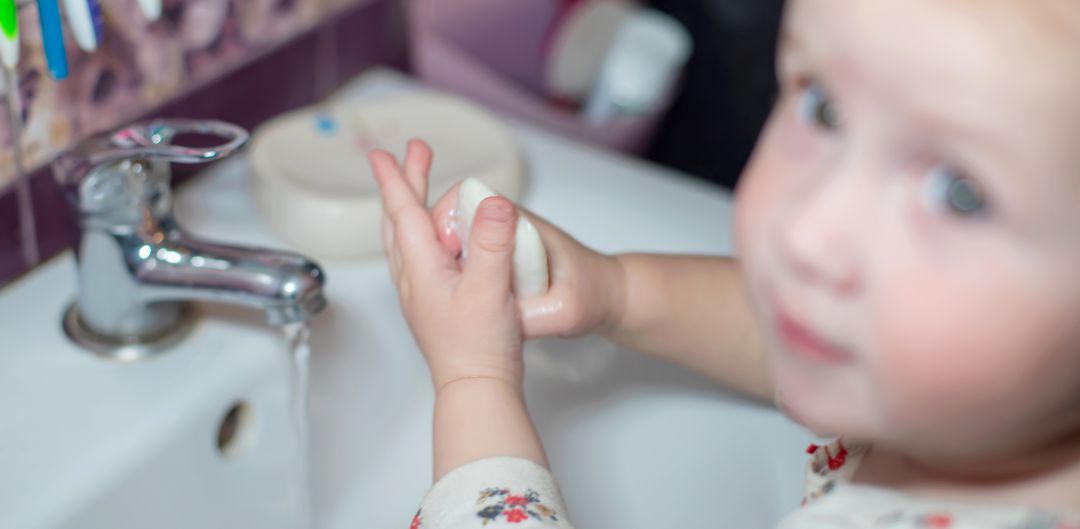
 When you have little ones, you hear about all sorts of viruses, colds and other illnesses going around at school, daycare or amongst friends. One you may wonder about is hand, foot and mouth disease.
When you have little ones, you hear about all sorts of viruses, colds and other illnesses going around at school, daycare or amongst friends. One you may wonder about is hand, foot and mouth disease.
Anything with the word disease at the end sounds pretty scary, but hand, foot and mouth disease is a common and infectious, yet mild childhood illness. It gets its name from the blister-like rash that typically forms on the hands, feet and mouth.
“The illness is very common and usually affects infants and children under the age of 10, however it is extremely infectious and can sometimes be passed on to adolescents and adults, as well,” said Dr. Sean Elliott, who specializes in pediatric infectious disease at TMCOne.
Symptoms
Initial symptoms include fever, lack of appetite, sore throat and runny nose. A couple days after those symptoms appear, a blister-like rash forms on the hands, feet or mouth.
It is easily spread
Hand, foot and mouth disease spreads through direct contact with nose and throat discharges of the infected person. It can also be excreted in the stool.
Contagious until the rash disappears
A person with this illness is most contagious during the first week, but can also pass it on until the rash disappears.
There is no specific treatment
Most people get better on their own within seven to 10 days, however, you can do some things to alleviate symptoms.
- Avoid foods and drinks that are acidic, they can irritate mouth sores
- Keep your child hydrated
- Over-the-counter pain medications can help
- Older patients can gargle with saltwater to relieve discomfort from the mouth sores
“If your child’s fever does not resolve after five days or if all symptoms don’t improve in 10 days, please take them to their pediatrician, especially if their symptoms are severe, if they have a weak immune system or if they appear dehydrated,” Dr. Elliott said.
You can do some things to prevent it
- Wash hands often
- Disinfect contaminated surfaces
- Wash your child’s clothing and bedding
- If your child does become infected, keep them home from daycare, school or other group activities to prevent spread.
If you are in need of a pediatrician, you can find one here.